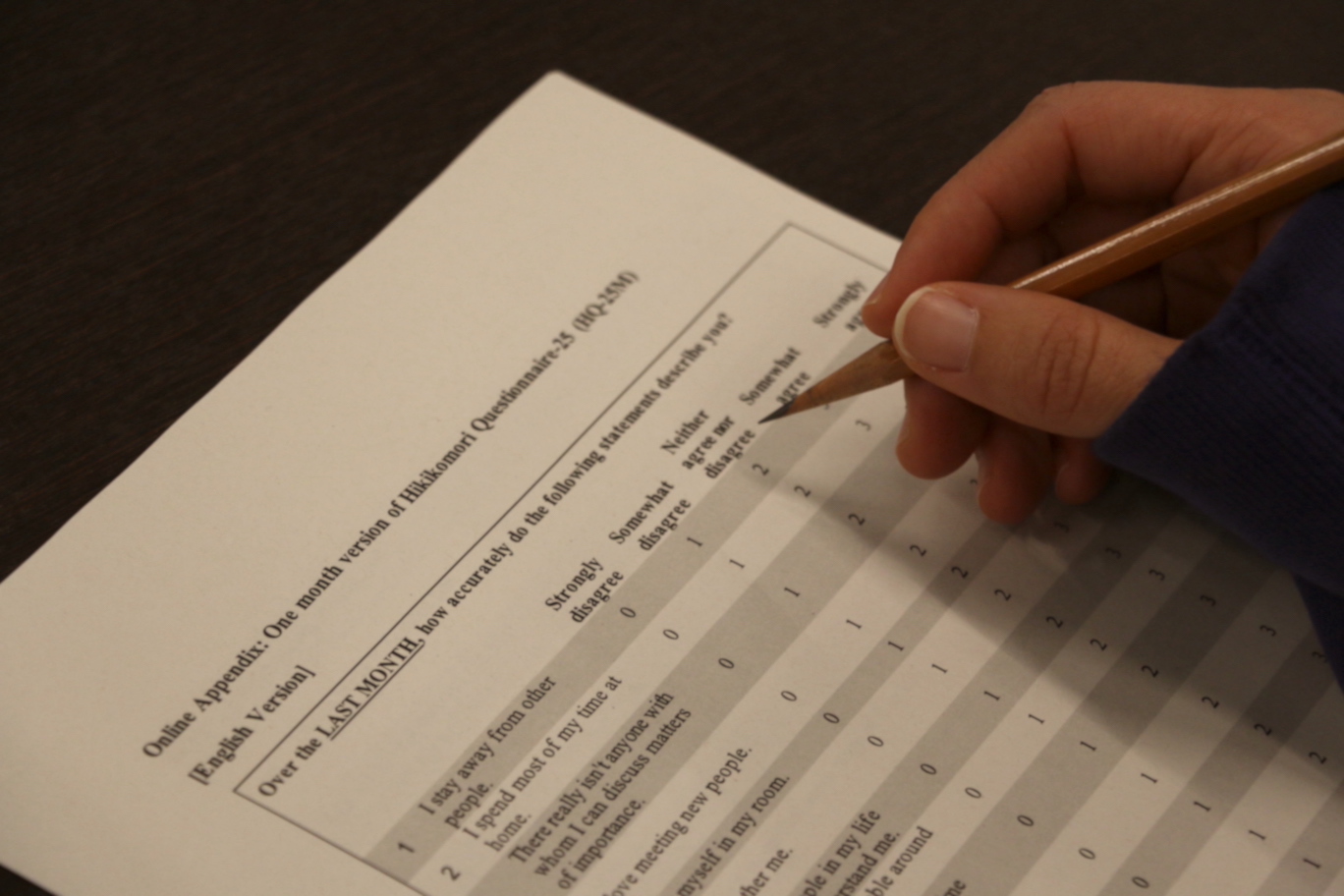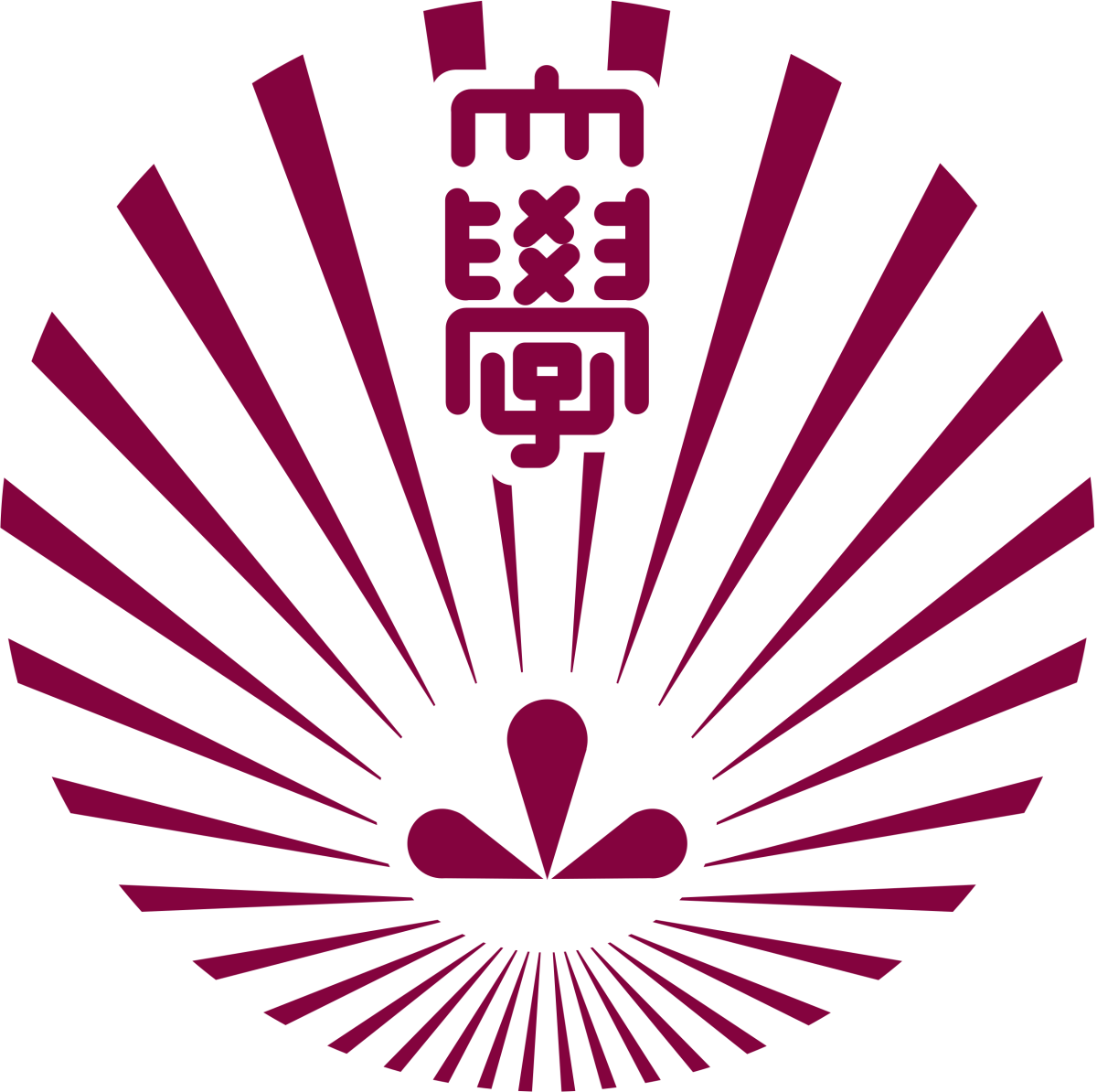Toward early detection of pathological social withdrawal, Hikikomori
Researchers develop a questionnaire that may identify hikikomori in its early stages.
Kyushu University researchers have developed a new ‘Hikikomori Questionnaire’ in an effort to detect the condition at an earlier stage. Preliminary results show that ‘isolation’ is a possible factor that can distinguish between non-hikikomori and pre-hikikomori individuals, providing possible validation of the new questionnaire as a tool for early detection and treatment.

Credit: CC0 Public Domain
Kyushu University via Medical Xpress November 29, 2022
Hikikomori is a complex pathological condition where an individual withdraws from society and remains at home almost every day for more than six months. Although it may be viewed as a condition unique to Japan, hikikomori has been reported globally from across Asia to Europe and North America.
“Hikikomori was first defined in 1998. As we studied the condition, we found that it is a very complex pathology caused by an overlap of physical, societal, and psychological conditions,” explains Takahiro A. Kato of Kyushu University’s Faculty of Medical Sciences and first author of the study. “Its growing international recognition has put hikikomori into the purview of many researchers and medical professionals, especially on the heels of the years long COVID-19 pandemic. Just this year, Hikikomori was recognized in the revised edition of the DSM-5.”
Kato and his team have been working on measures to evaluate, identify, and treat hikikomori patients, to the point of opening the world’s first outpatient clinic for hikikomori individuals in 2013. In 2018, the team developed the ‘Hikikomori Questionnaire,’ or HQ-25, that was design to assess whether individuals under social withdrawal after six months are symptomatic of hikikomori.
“This questionnaire allowed us to identify symptomatic individuals with hikikomori. As our work progressed, we found that we needed an assessment tool that could evaluate symptomatic individuals at an earlier stage to help detect and potentially prevent hikikomori,” continues Kato.

One-month Hikikomori questionnaire, HQ-25M. The one-month hikikomori questionnaire gauges an individual’s socialization, isolation, and emotional support factors. Preliminary data shows that the answers may help identify the hikikomori pathology early for better response and treatment. Kyushu University
The new Hikikomori Questionnaire, or HQ-25M—made in collaboration with Nihon University and Oregon Health and Science University—is composed of 25 questions that evaluate the three subfactors of socialization, isolation, and emotional support on a scale to 0–4, 4 being ‘strongly agree.’
For example, questions such as ‘I feel uncomfortable around other people’ gauge socialization, while ‘there are few people I can discuss important issues with’ covers emotional support.
The pilot test of the new questionnaire, reported in Psychiatry and Clinical Neurosciences, was conducted with 762 Japanese individuals. The questionnaire first asked about the individual’s social withdrawal status in the prior month in order to categorize participants into hikikomori, non-hikikomori, and pre-hikikomori groups. The team also added a questionnaire that evaluates the individual’s psychological distress during the same month.
“We analyzed the data to see any comparable differences between the different category groups,” explains Kato. “Multiple models showed us that hikikomori groups scored significantly higher on all metrics compared to non- and pre-hikikomori.”
Interestingly, between the pre- and non-hikikomori respondents, of all the three subfactors that were measured, the isolation subfactor was the only one that showed a significant difference in scores.
While still preliminary, the team is pleased with their initial findings and plans to use them to improve their questionnaire and data collecting.
“These initial findings are promising and show that our questionnaire may be a good tool for early detection of hikikomori,” concludes Kato. “Nonetheless, we have to work on expanding and diversifying our sample size and fine tune our questions. Moreover, since the hikikomori pathology is being reported around the world, we must work with researchers and patients outside of Japan.”
| This release is also available in Japanese. |
 Source Kyushu University via Medical Xpress
Source Kyushu University via Medical Xpress
| References |
One month version of Hikikomori Questionnaire-25 (HQ-25M): Development and initial validation, Kato, T.A., Suzuki, Y., Horie, K., Teo, A.R. and Sakamoto, S. (2022), Psychiatry Clin. Neurosci. doi: 10.1111/pcn.13499. Full text, PDF
| Further reading |
Hikikomori: psychopathology and differential diagnosis of a condition with epidemic diffusion, Martinotti G, Vannini C, Di Natale C, Sociali A, Stigliano G, Santacroce R, di Giannantonio M. Int J Psychiatry Clin Pract. 2021 Jun;25(2):187-194. doi: 10.1080/13651501.2020.1820524. Epub 2020 Sep 28.
Social withdrawal in major depressive disorder: a case-control study of hikikomori in japan, Teo AR, Nelson S, Strange W, Kubo H, Katsuki R, Kurahara K, Kanba S, Kato TA. J Affect Disord. 2020 Sep 1;274:1142-1146. doi: 10.1016/j.jad.2020.06.011. Epub 2020 Jun 7.
Autism spectrum conditions in hikikomori: A pilot case-control study, Katsuki R, Tateno M, Kubo H, Kurahara K, Hayakawa K, Kuwano N, Kanba S, Kato TA. Psychiatry Clin Neurosci. 2020 Dec;74(12):652-658. doi: 10.1111/pcn.13154. Epub 2020 Oct 13. Erratum in: Psychiatry Clin Neurosci. 2021 Feb;75(2):72. Full text, PDF
Development and validation of the 25-item Hikikomori Questionnaire (HQ-25), Teo AR, Chen JI, Kubo H, Katsuki R, Sato-Kasai M, Shimokawa N, Hayakawa K, Umene-Nakano W, Aikens JE, Kanba S, Kato TA. Psychiatry Clin Neurosci. 2018 Oct;72(10):780-788. doi: 10.1111/pcn.12691. Epub 2018 Jul 27. Erratum in: Psychiatry Clin Neurosci. 2019 Sep;73(9):603. Full text, PDF
Social isolation associated with depression: a case report of hikikomori, Teo AR. Int J Soc Psychiatry. 2013 Jun;59(4):339-41. doi: 10.1177/0020764012437128. Epub 2012 Mar 8. Full text, PDF
A new form of social withdrawal in Japan: a review of hikikomori, Teo AR. Int J Soc Psychiatry. 2010 Mar;56(2):178-85. doi: 10.1177/0020764008100629. Epub 2009 Jun 30. Full text, PDF
Also see
New tool will help to diagnose form of extreme social isolation OHSU
Japan govt survey finds 1.5 million living as recluses Medical Xpress via AFP
Hikikomori: New definition helps identify, treat extreme social isolation OHSU
Finding the biological roots for pathological social withdrawal, Hikikomori Kyushu University
The pandemic “ruptured” childrens’ social skills around the world, researchers say Salon
US test scores fell during the pandemic — but experts say don’t blame school closings Salon
Pediatricians say children’s mental health crisis is “a national emergency” Salon
Pediatricians, Child and Adolescent Psychiatrists and Children’s Hospitals Declare National Emergency in Children’s Mental Health American Academy of Pediatrics
Ethiopian schools study suggests COVID has “ruptured” social skills of the world’s poorest children University of Cambridge
